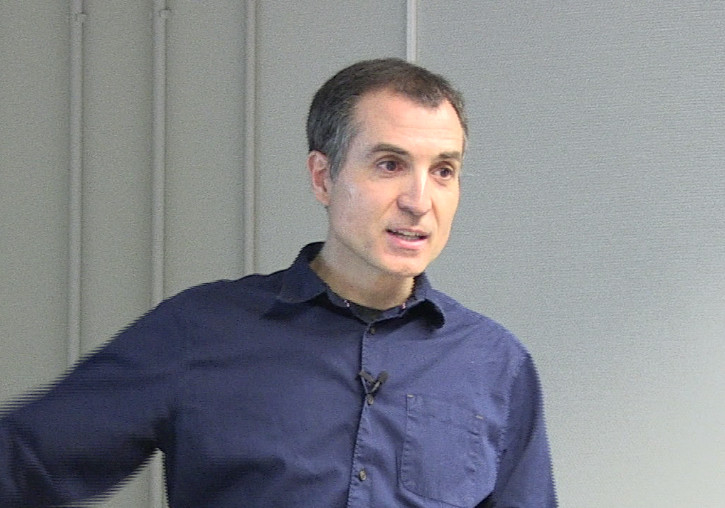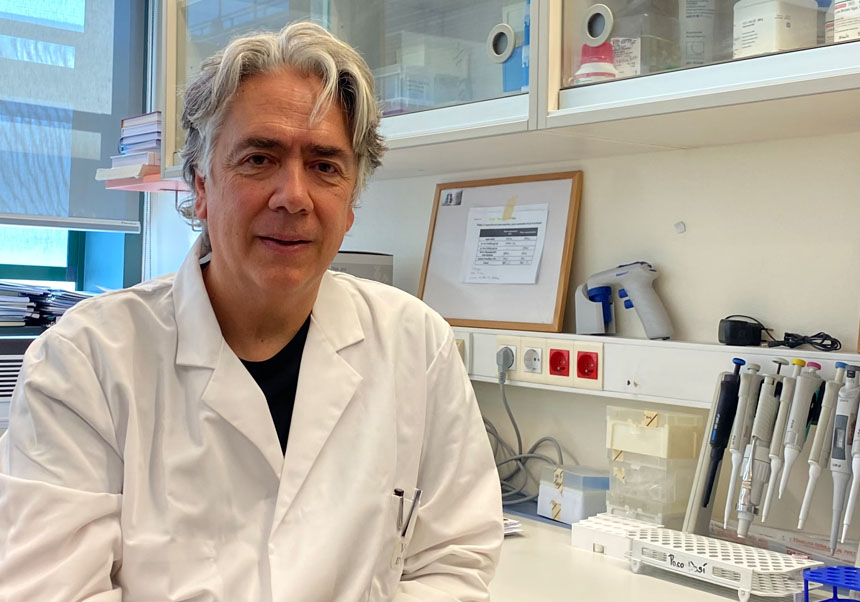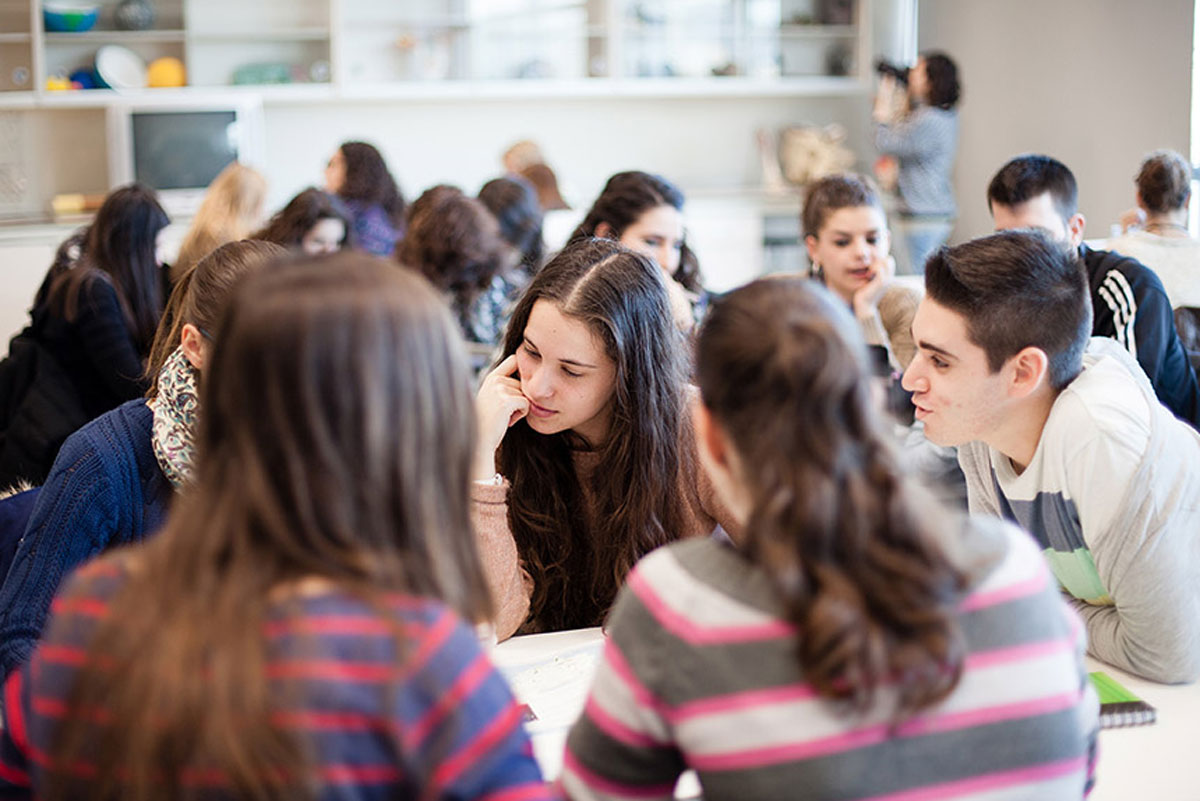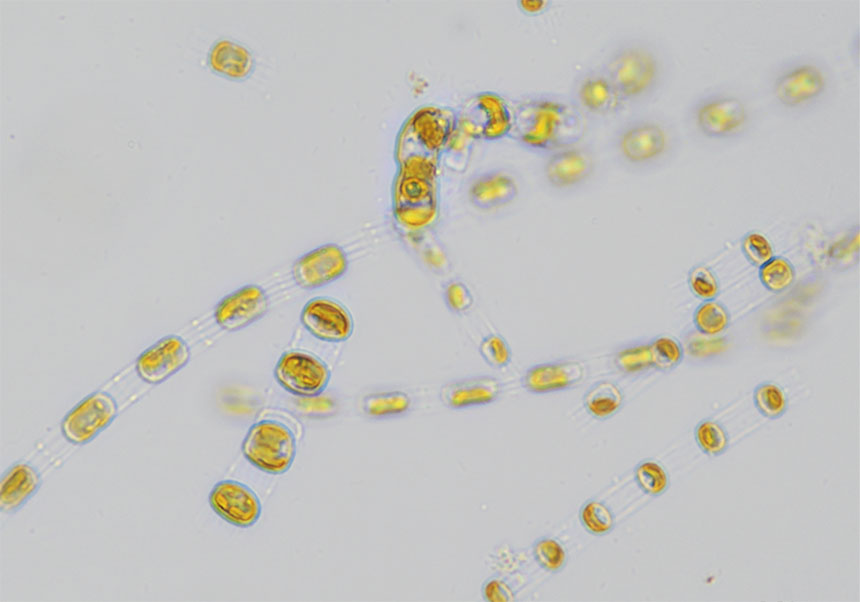The Scientist Fernando Maestre explains the rules for a healthier work in the hypercompetitive research environment
- Scientific Culture and Innovation Unit
- March 2nd, 2020

Fernando Maestre, one of the most cited researchers in the world of Ecology and Environment, has participated in a seminar at the Institute for Integrative Systems Biology (I2SysBio, mixed centre of the University of Valencia and the CSIC) in which he analysed how to favour well-being in research work environments. The two final messages of Maestre’s conference were very commented and applauded by the audience: “If you get sick or need help, your articles will not take care of you (people will!)” and “Our laboratories should be used to train scientists, not to destroy people”.
Fernando Maestre, distinguished researcher at the University of Alicante, was invited by the Institute for Integrative Systems Biology (I2SysBio) not to present his extraordinary work on the arid areas of the planet but for his most recent facet as the representative of the idea that the well-being in laboratories does not conflict with scientific productivity, but the opposite. Maestre is the author of two articles with a great impact on social media: «Seven steps towards health and happiness in the labs» (published in Nature in 2018) and «Ten simple rules towards healthier research labs» (an article published in PLoS Computational Biology in April 2019 that currently has more than 125,000 views).
The talk, Thursday 27, began with a review of the various forms of pressure that working in a laboratory has put on the research staff members. Thus, he regretted that currently in professional promotion the number of articles published prevails at the expense of their quality, analysed the problem of how to properly establish the authorship of the work and denounced the excess of hours in some laboratories.
To confront this situation, Maestre presented his rules for a healthier work in the presence of an auditorium composed formed by research staff in doctoral training and young scientists working in the Science Park of the University of Valencia. Among other tips, he referred to the fact that the research staff “work with you and not for you”, the need for a collaborative environment in the laboratory instead of a competitive one and the importance of promoting professional development.
He also pointed out the necessity to recognise the contribution of people who have done less visible work (software development, personnel who do not sign the articles, databases...) or avoid comparisons between people who are investigating. In addition, Maestre recalled the difficulty of applying these ideas, since in the end, the academic community has to publish in an environment of great competitiveness.
The current director of the Laboratory for Arid Areas and Global Change of the University of Alicante also pointed out that “the taboo” there is in the world of science related to existing cases of sexual, gender, racial and cultural discrimination. In addition, he explained that almost 40% of these situations correspond to gender discrimination, especially women, and denounced the impunity and the lack of punishments. “Institutions should end all situations of sexual harassment”, he stated.
In addition, in the interventions of the attending public, mention was made of the difficulty of ending the doctoral students’ dependence on the person who directs them, since their academic prestige is relevant in the trajectory of those beginning their career. Likewise, people stated the need for all staff to internalise the ideas presented by Fernando Maestre, so that research time and leisure can be more productive.
















